Picking up a hand-sized stone near a rushing waterfall, the speaker of A.R. Ammons’s poem “Cascadilla Falls” is catapulted into the cosmos. Planetary scientist Lindy Elkins-Tanton, composer DJ Spooky, geologist Daniel Schrag, poet Joshua Bennett, and philosopher Rebecca Goldstein join host Elisa New to consider Ammons’s window onto the vast workings of the universe.
Interested in learning more? Poetry in America offers a wide range of courses, all dedicated to bringing poetry into classrooms and living rooms around the world.
by A.R. Ammons
Cascadilla Falls
I went down by Cascadilla
Falls this
evening, the
stream below the falls,
and picked up a
handsized stone
kidney-shaped, testicular, and
thought all its motions into it,
the 800 mph earth spin,
the 190-million-mile yearly
displacement around the sun,
the overriding
grand
haul
of the galaxy with the 30,000
mph of where
the sun’s going:
thought all the interweaving
motions
into myself: dropped
the stone to dead rest:
the stream from other motions
broke
rushing over it:
shelterless,
I turned
to the sky and stood still:
Oh
I do
not know where I am going
that I can live my life
by this single creek.
Cascadilla Falls
I went down by Cascadilla
Falls this
evening, the
stream below the falls,
and picked up a
handsized stone
kidney-shaped, testicular, and
thought all its motions into it,
the 800 mph earth spin,
the 190-million-mile yearly
displacement around the sun,
the overriding
grand
haul
of the galaxy with the 30,000
mph of where
the sun’s going:
thought all the interweaving
motions
into myself: dropped
the stone to dead rest:
the stream from other motions
broke
rushing over it:
shelterless,
I turned
to the sky and stood still:
Oh
I do
not know where I am going
that I can live my life
by this single creek.
Reprinted from The Complete Poems of A.R. Ammons: Volume 1 1955-1977 by A.R. Ammons Copyright © 2017 by John E. Ammons. Copyright © 1977, 1976, 1975, 1974, 1972, 1971, 1970, 1966, 1965, 1963, 1962, 1960, 1959, 1957, 1955 by A.R. Ammons. With permission of the publisher, W. W. Norton & Company, Inc. All rights reserved.

"I went down by Cascadia Falls this evening, the stream below the falls, and picked up a handsized stone." A.R. Ammons' poem "Cascadilla Falls" begins simply, but the themes it tackles are anything but. Contemplating the role of the individual in the grand scheme of the universe, Ammons finds in a single rock a way to think about human existence. Photo courtesy of: Library of Congress.
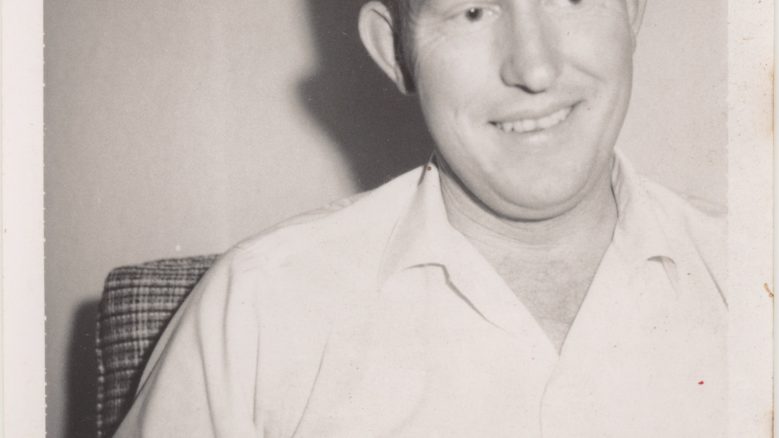
Ammons' poetic practice is not so different from scientific observation: "I wander around and for my own amusement and edification, I notice things and I find that writing about them helps me to capture them and clarify them for myself" (from a 1984 interview). For Ammons, poetry does the systematic, clarifying work of science. Image credit: Division of Rare and Manuscript Collections, Cornell University Library.
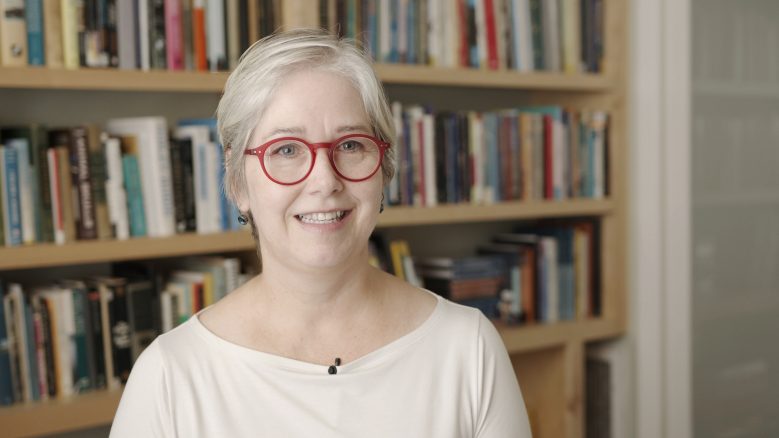
How can humans even begin to grasp the ungraspable scale of the universe? Perhaps, through poetry. Observes planetary scientist Linda Elkins-Tanton: "I feel a little bit that Ammons was also experiencing that comparison between the inhumanity of time and length in the solar system, in the galaxy, compared to the desperate finiteness of human time and length scales."

When Ammons writes about his experience in a stream at Cascadilla Falls, he's drawing on a rich Western philosophical tradition stretching all the way back to the Ancient Greeks. Pre-Socratic philosopher Heraclitus found in the figure of the stream a way to think about the flow of time, and our place within it. Image credit: Wellcome Collection.
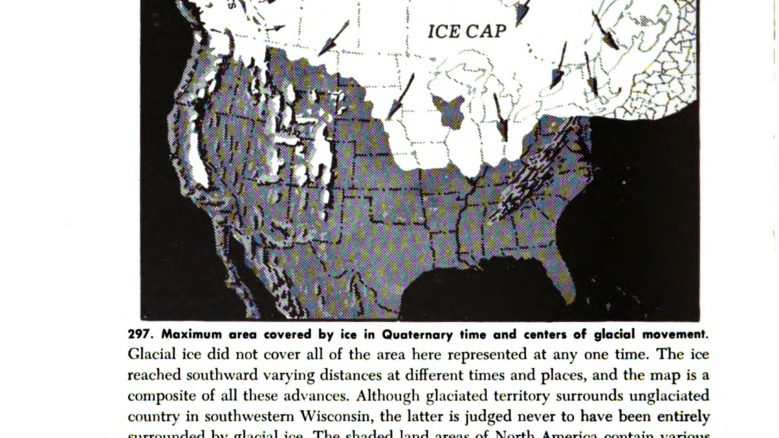
"You know, as a geologist, I pick up a rock. Here we are in Cape Cod. You can pick up a rock, and you know that it was transported in a glacier from somewhere up in Canada, carried maybe thousands of kilometers." - Geologist Daniel Schrag
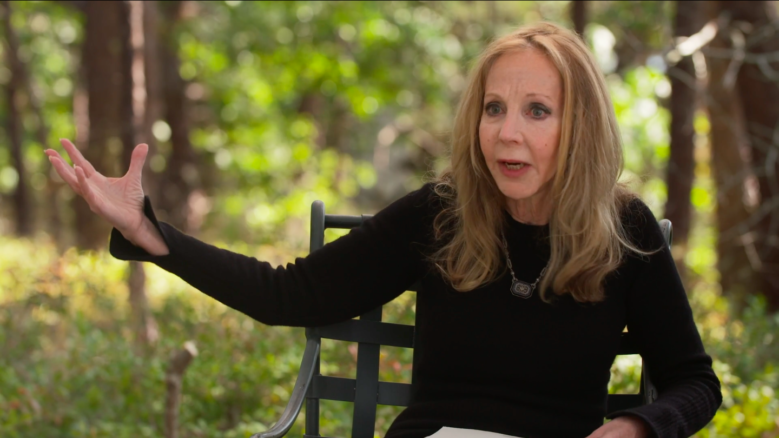
For philosopher Rebecca Goldstein, Ammons' poem brings us face to face with our place in the universe: "I think this poem was very much about our accommodation to science, to recognizing how much of the science is in us, is us, right? Displacing our grand vision of ourselves."
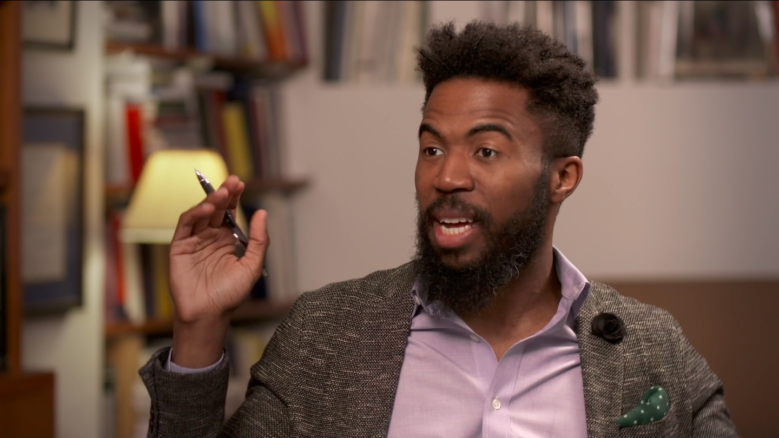
"Even though he is standing still at the end of the poem, still as a stone, you know, he's still a part of this much larger moving thing that will never stop. We're made of star stuff, right?" - Poet and Professor Dr. Joshua Bennett

"So much science that we take for granted. We have gravity all around us. We have electricity all around us. Our atoms are held together by very specific forces of nature. Because we are surrounded by all of these things, we don't think about them, and we give them the privilege of invisibility" - Multimedia Artist and Composer Paul D. Miller aka DJ Spooky